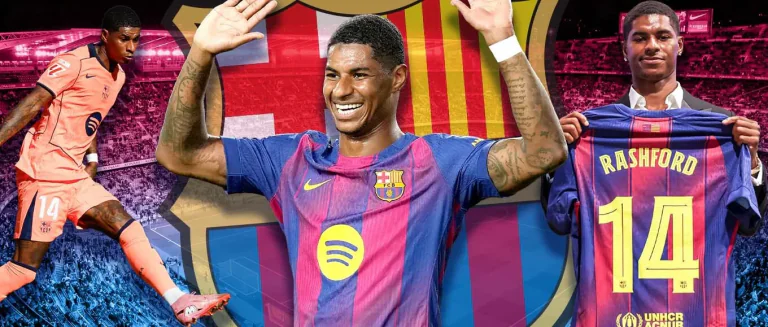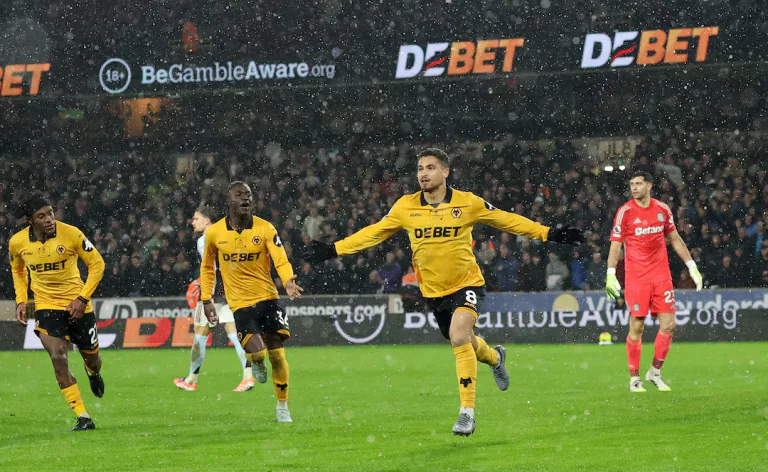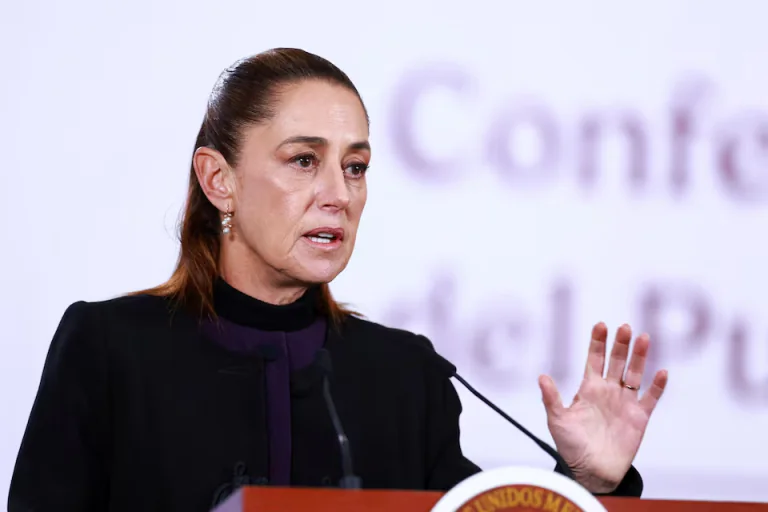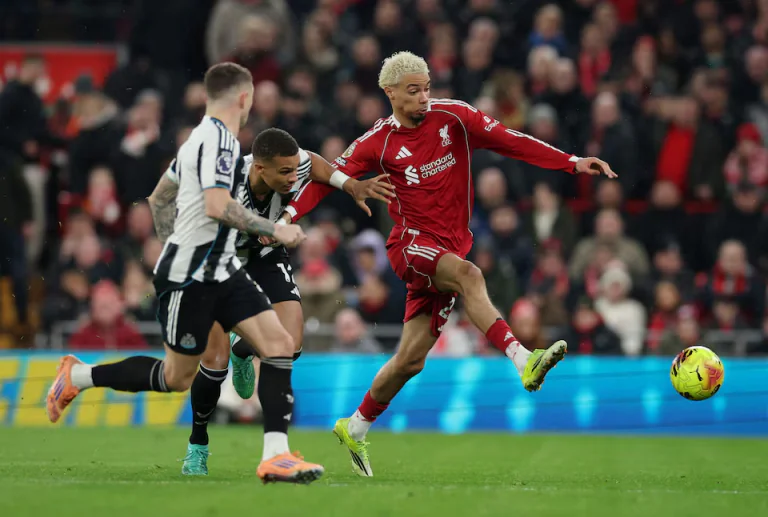

Once considered an esoteric hobby, Fantasy Premier League (FPL) has evolved into a major cultural phenomenon and an important marketing tool for the Premier League.
FPL’s Origins and Growth
FPL’s roots trace back to US fantasy sports, which began with Baseball Seminar League in 1960 and evolved into the Rotisserie League Baseball in 1980. By the 1990s, millions of Americans were participating in fantasy sports, with the industry now worth up to $30 billion annually.
The UK embraced fantasy football with the Telegraph Fantasy Football in 1994/95, attracting 342,000 entrants in its first year. The Premier League launched FPL in 2002, initially signing up just 18,000 participants. By 2024/25, 11.5 million people played FPL globally.
FPL as a Career and Community
FPL has created opportunities for full-time experts like Sam and Lee Bonfield (@FPLFamily), who provide tips on social media, podcasts, and TV. Their work has turned fantasy football expertise into a full-time career, using tools like Artificial Intelligence for player analysis.
Why the Premier League Keeps FPL Free
Despite its massive popularity, FPL does not directly generate revenue for the Premier League. The league views it as a loss-leader: FPL increases engagement with football itself, boosting viewership and fan interest, which in turn enhances the value of broadcasting rights.
FPL motivates fans to follow matches they would normally ignore, providing meaning to mid-table clashes and turning even minor fixtures into engaging experiences.
Global Reach and Influence
FPL has expanded beyond the UK. Seventy-two percent of players are from outside the UK, including countries like Malaysia, Kenya, Nigeria, the US, and Egypt. FPL champions have emerged from Tanzania, New Zealand, Ireland, the US, Azerbaijan, Norway, and Croatia.
FPL Shapes Football Fandom
FPL influences how fans watch football, encouraging probabilistic thinking and engagement with stats such as expected goals and defensive contributions. Top players prioritize fantasy success alongside real-world team loyalty, reflecting a personalized, data-driven fandom.
The Social and Competitive Aspects
FPL mini-leagues foster friendly competition, social bonding, and “schadenfreude” when rivals fail. Punishments for finishing last, such as charity donations or humorous forfeits, add to the excitement. Fantasy football thus combines competition, social engagement, and fandom.
FPL even impacts club operations. In 2021, Leicester City learned of Jack Grealish’s injury through fantasy transfers, demonstrating that FPL and real football are interconnected.
FPL is more than a game—it’s a global cultural force. It engages millions of fans, shapes football viewership, creates careers, and drives the evolution of modern sports fandom. For the Premier League, losing money on FPL is a strategic investment in fan engagement and the long-term growth of the game.
- Barcelona Agree Marcus Rashford Permanent Transfer After Failed Bid to Lower £26m Release Clause
- Wolves vs Aston Villa Result: Wolves Win 2-0 in Premier League Derby
- Mexico President Confirms FIFA Security and Transport Review Ahead of 2026 World Cup
- Liverpool Post Record £703m Revenue After Title-Winning Season
- Mikel Arteta Under Pressure as Alan Shearer Warns Arsenal Must Deliver Title



